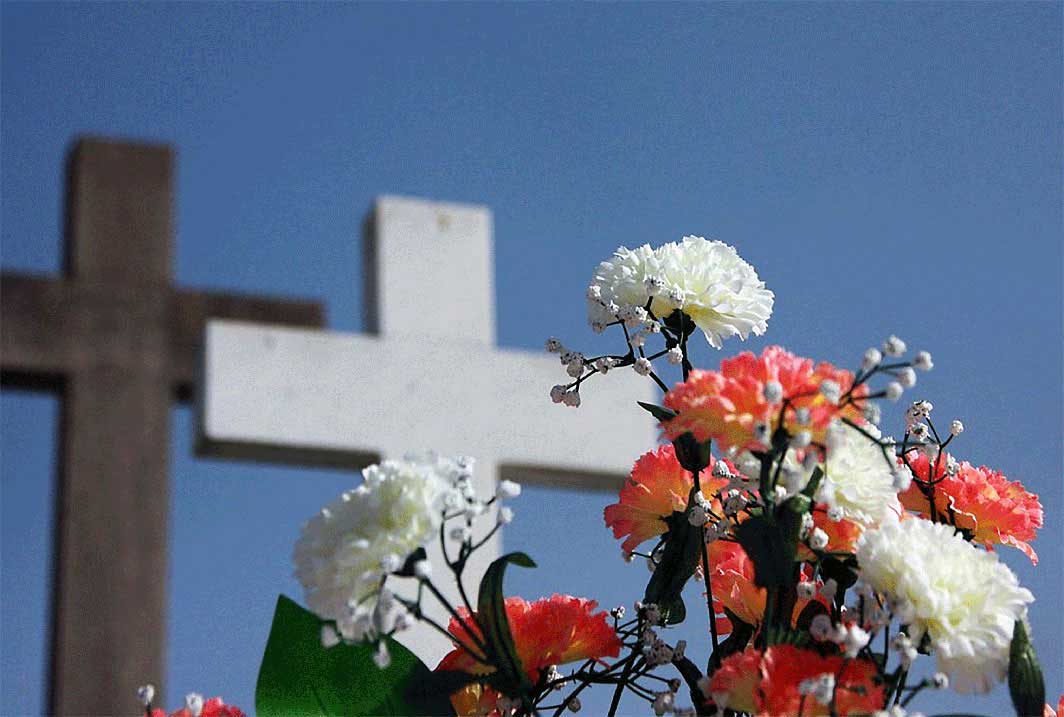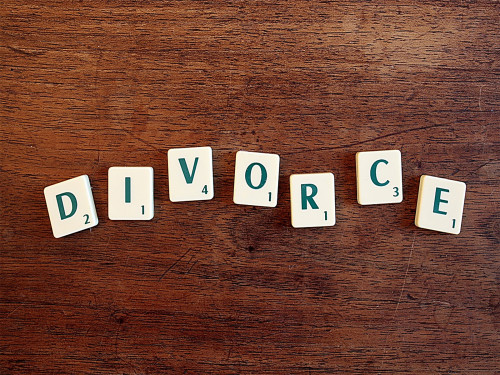What Happens When Someone Dies In Spain
What happens when someone dies in Spain, unexpectedly at home or elsewhere, (not in hospital) you must call the local police as soon as possible. If the deceased had seen a doctor within the last 4 weeks, you should try to call that doctor to attend, but if that is not possible, the police will call a doctor to certify the cause of death and issue a certificate. This is not the Death Certificate. It is at this point, that you need to notify an undertaker or funeral director. If the deceased had funeral insurance, contact the provider as soon as you can. They will arrange for the body to be taken away, and it is then that you will be asked what sort of funeral you would like to have. There are a range of options available for funerals. There are also sympathetic professionals who have helped many over the years to arrange a funeral befitting their loved ones. They can take you through the options. They will discuss with you the issues and options you may not have considered, and will be able to ease your concerns at such a distressing time. La Esperanza funeral services - www.tanatoriolaesperanza.com Bespoke funerals and memorial services by Wendy Sherwood - www.wendysherwoodcelebrant.com
You will need to locate the identification documents of the deceased and provide them to the funeral directors. The funeral directors will take care of much of the bureaucracy, which is a necessary part of the death of a loved one. For example, they can register the death at the local Registro Civil, this has to be done quickly as the licence to perform the burial or cremation cannot be issued until the death has been registered. In some cases, a post-mortem or autopsy may be required before the body can be released. If there is a police investigation associated with the death, you must apply to the court to release the body in order for the funeral to go ahead.

The Death Certificate
This is called the certificado de defunción. You would be advised to get as many copies as you are permitted, you will need to present this to a number of organisations. You may also want to ask for the Death Certificate in English. If not, an official translation can be arranged. A translated copy will be necessary if the deceased had assets in the UK. The Spanish certificate accompanied by an official translation, or indeed the certificate issued in English, will be accepted in the UK. That said, you can also apply to register the death in the UK if you wish. https://www.gov.uk/register-a-death In Spain the body should be cremated or buried within two days of the death. You need to decide as early as possible whether you would like the body to be cremated or buried, and then communicate this to the funeral director. Most people in Spain choose to be cremated, however, if a burial is preferred, this will be in an above ground niche in the municipal cemetery. These niches are available to lease from your town hall, and there is a limited period of time which you pay for, normally 50 years, after which the body is usually removed to a communal burial ground. In the case of a cremation, it is worth noting that it is not normal in Spain to scatter ashes in public places, and indeed it may be illegal. For more information, discuss this with your Funeral Director or Celebrant. Whilst there is no obligation on anyone to hold any type of funeral service, it gives a fitting opportunity for family, friends and neighbours to bid a formal goodbye to the deceased, and can provide a great deal of comfort to all concerned.
Wills and inheritance
The deceased may or may not have made a Will in Spain. Even if you have a copy of the Will, it is still necessary to apply for an official copy from the Registry of Wills in Madrid (Registro de Últimas Voluntades del Minister de Justicia). You can do this through your Lawyer or through the Notary directly as soon as you are in possession of the death certificate. People will normally ask a lawyer to take care of this. They can apply for Official Copies of the Death Certificate and Will on your behalf. If you are not resident in Spain and will not be present for the duration of the process, it is wise to give Power of Attorney to a lawyer who will carry out these specific tasks on your behalf. The lawyers can then arrange for the wishes expressed in the Will to be carried out, assets and money in the bank to be transferred to the beneficiaries, and act on behalf of the beneficiaries in respect of selling vehicles or property. Any taxes payable on inherited assets must be paid within six months of the date of the death, therefore it is wise to get this underway as speedily as possible. Extensions to the six month limit can be applied for to avoid fines being imposed.
Intestacy
If the deceased did not have a Will, the process can be a little more complex. If there is a foreign Will such as an English Will, this should be presented to the Notary (with a translated copy) so he or she can determine whether the Spanish estate should be treated as falling under the provisions of the foreign Will, or if the deceased should be treated as having died intestate. In the case of a person dying intestate, Spanish inheritance rules will apply, and these may not have been as the deceased or their family would have wanted or expected. In Spain, unlike the UK, the children of the deceased will be the main beneficiaries, taking precedence over a surviving spouse.
Other administrative tasks
There is often quite a long list of organisations who have to be informed of the death. Your Spanish lawyer may be happy to do some of this for you. For example, the town hall (ayuntamiento) must be informed so that the deceased’s name can be removed from the list of residents (padrón). In addition, the DGT (Traffic Department) must be informed so that a driving licence can be cancelled, and the National Police must be informed so that they can remove the name of the deceased from the list of foreigners resident in Spain. You may also need to inform organisations in the UK such as the DWP, HMRC and banks and building societies among others.
Organ Donations
It may be worth considering whether the deceased would have liked to make an organ donation. Spain does not have an opt-in system. It is assumed that people are willing to be donors unless they have expressed an opinion to the contrary. That said, the family’s consent will usually be sought. Therefore, if the person dies in hospital, this may be an issue that you will have to face. However, with a death at home, you should discuss this with either the doctor (if a doctor attends) or the funeral directors as soon as you can. Equally, some people would like to donate their body to medical science. This cannot be carried out without the prior consent of the deceased so it is something that must have been arranged in advance. Please follow this link if this is of interest to you. It is from the University of Málaga (UMA) and is in English: https://www.uma.es/departamento-de-anatomia-medicina-legal-e-historia-de-la-ciencia/info/101400/donacion-de-cuerpos/ Nobody really wants or likes to think too deeply about their own death, but making preparations is probably the kindest thing we can all do for our loved ones who will have to deal with everything when we die.


 Danish
Danish Dutch
Dutch French
French German
German Spanish
Spanish


